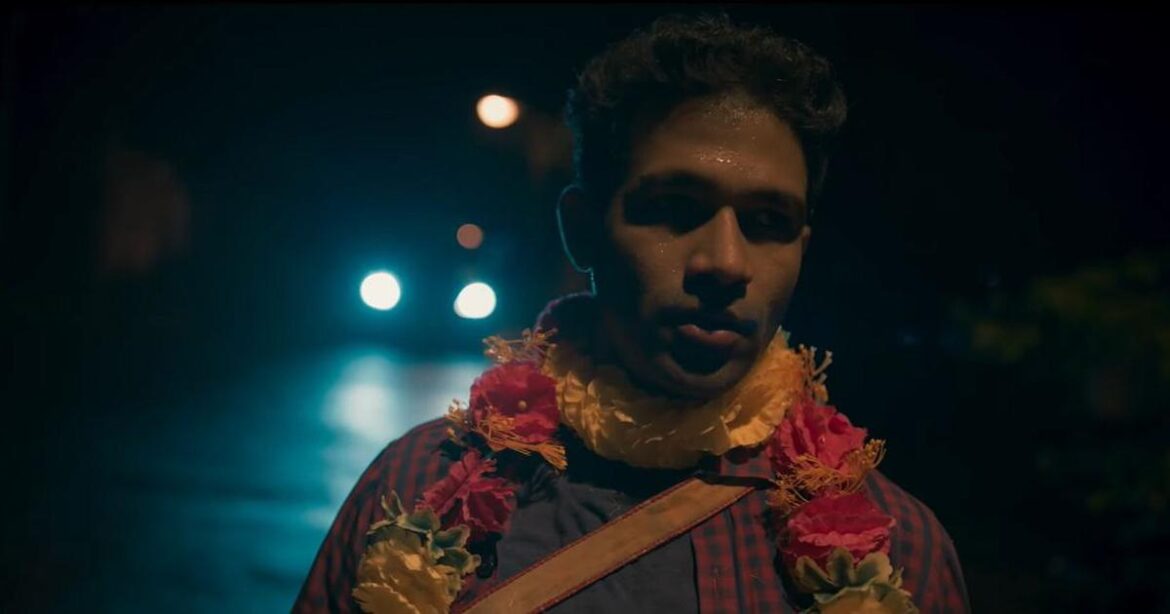The Land Bhupinder ‘Bhuppi’ knows his name won’t make him a star, so he has changed it to a trendy Aryan Shaw. With a few economical strokes, producer, writer, director, lead actor Vinod Rawat has portrayed the struggles and sacrifices needed by an outsider to get a break in films, in his debut feature, Pushtani (Ancestral). Rawat is an FTII alumnus and acting coach to, among others, Hrithik Roshan, who has stepped in to present the film, which will probably send a few curious viewers to a small indie film.
Bhuppi has presumably done what it takes—it is left to the audience’s imagination—to finally get a role as a villain in a film. His nervousness almost gets him thrown off the set, but a worse nightmare is to follow.
The so-called friend, a fixer type, who got him the part now blackmails him for a large sum of money, and Bhuppi has to return to his hometown in picturesque Uttarakhand, from where he had run away after a spat with his father. Raising that sum is imperative to save the career for which he has made humiliating compromises.
The first visual variation seen on screen is from a dingy shared flat in Mumbai, to the open mountain range of Uttarakhand. His name change has meant that his relatives were unable to trace him, and in his absence, things have changed drastically. His sister angrily blames him for the problems faced by the family. Once the story moves to the pristine villages of the hill state, without underlining it, Rawat has conveyed the condition of the people— lack of jobs, mass migration and the endless slog of the women left behind.
There is money waiting for Bhuppi, but he has to get a no-objection letter from his hostile aunt. This necessitates a road trip to a distant village, to which his childhood friend Hemant (Hemant Pandey) offers to take him in his tourist taxi, with his passenger, a weed-and-peace seeking life coach, Dimple (Rita Heer, also co-writer of the film), who has her own personal reason for visiting this remote area.
Hemant is a happy-go-lucky chap, whose life’s ambition was to be a taxi driver. He stands in contrast with the two troubled souls in his taxi—which may be a simplistic way of conveying the uncomplicated demands of rural life. He also brings to the film most of its humour. However, the tranquility of the landscape hides Bhuppi’s traumatic past, which he has been unable to shake off. Exploitation of the weak, Rawat seems to say, is not confined to any particular time or place.
As could be expected, the trip to the aunt’s place—now a home stay—and to his family’s crumbling ancestral mansion transforms him. While the film’s minimalism, probably necessitated by a shoe-string budget, lends the story an unfussy charm, it also means that the non-professional actors picked locally are unable to assist Rawat with the emotional intensity required for his life-altering, self-discovering decisions. Rawat has talent and range, but the best, most unpretentious performance comes from Pandey, who makes his slightly sleazy character (he has a wife and a girlfriend and still hits on Dimple) likeable.
Pushtaini blends melancholy with gentle humour, and a newbie enthusiasm that makes it a surprisingly satisfying watch; mainly because no expectations are raised, so none are dashed.
(This piece first appeared in scroll.com)

